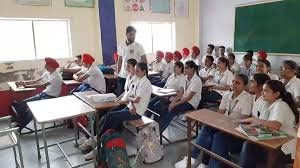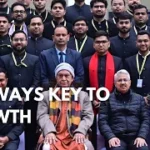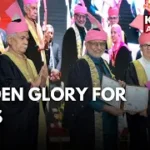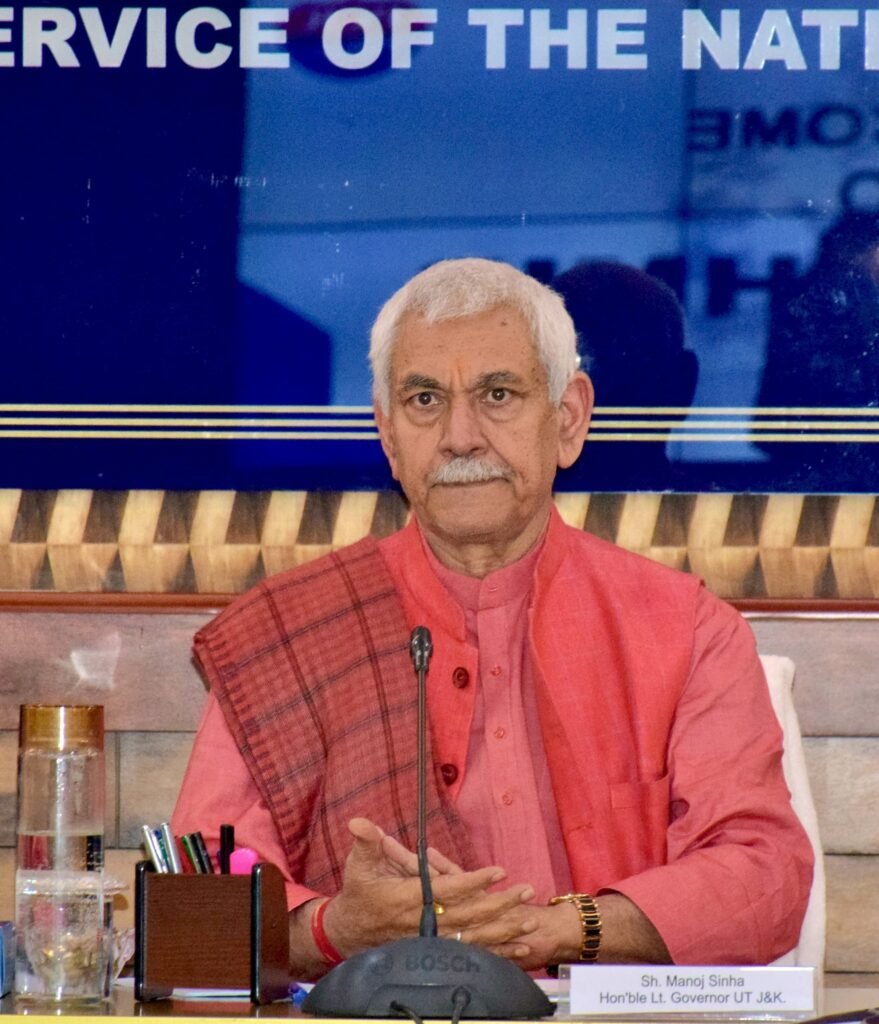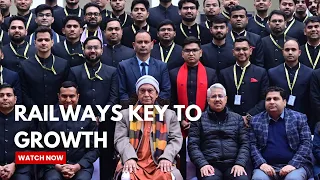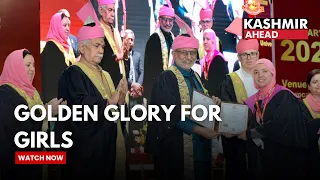Srinagar, October 5, 2025 – In a move aimed at curbing misuse of social media, the Chief Education Officer of Baramulla district in Jammu and Kashmir has issued a directive to all teaching and non-teaching staff under the School Education Department, instructing them to avoid criticising government policies online. Violations could lead to severe punitive actions, including dismissal from service. The circular, released on Saturday (October 4), emphasises strict adherence to government guidelines, prohibiting employees from “indulging in unwarranted debates and discussions” or “sharing, commenting, or posting inappropriate content on social media platforms”. Such activities are described as interference in departmental policy matters and a violation of 2023 circular instructions.
The directive stems from a recent meeting chaired by the education department’s administrative secretary, where instances of social media misuse by staff were highlighted. CEOs across districts have been urged to report violations promptly to hold individuals accountable. Possible penalties outlined include censure, fines up to one month’s pay, withholding of increments or promotions, demotion, recovery of losses due to negligence, premature retirement, and outright removal from service. The order promotes “constructive” use of social media while restricting content that could be seen as detrimental to government interests.The decision has sparked backlash from political figures. Pulwama MLA and Peoples Democratic Party (PDP) leader Waheed Para condemned the circular, arguing it stifles voices and contradicts promises of free expression in Jammu and Kashmir. “A govt that came to power on the promise of giving people a voice is now contributing to silencing the few remaining ones,” Para stated on X, sharing a copy of the circular and calling for its immediate revocation. He linked it to broader concerns over a proposed new media policy, which follows the controversial 2020 policy criticised for its authoritarian approach to regulating digital platforms. This development comes amid ongoing debates in India about government employees’ social media conduct, with similar guidelines issued in states like Maharashtra to prevent policy criticism or self-promotion online. Critics argue such measures limit free speech, while officials maintain they ensure professional integrity and prevent misinformation.

